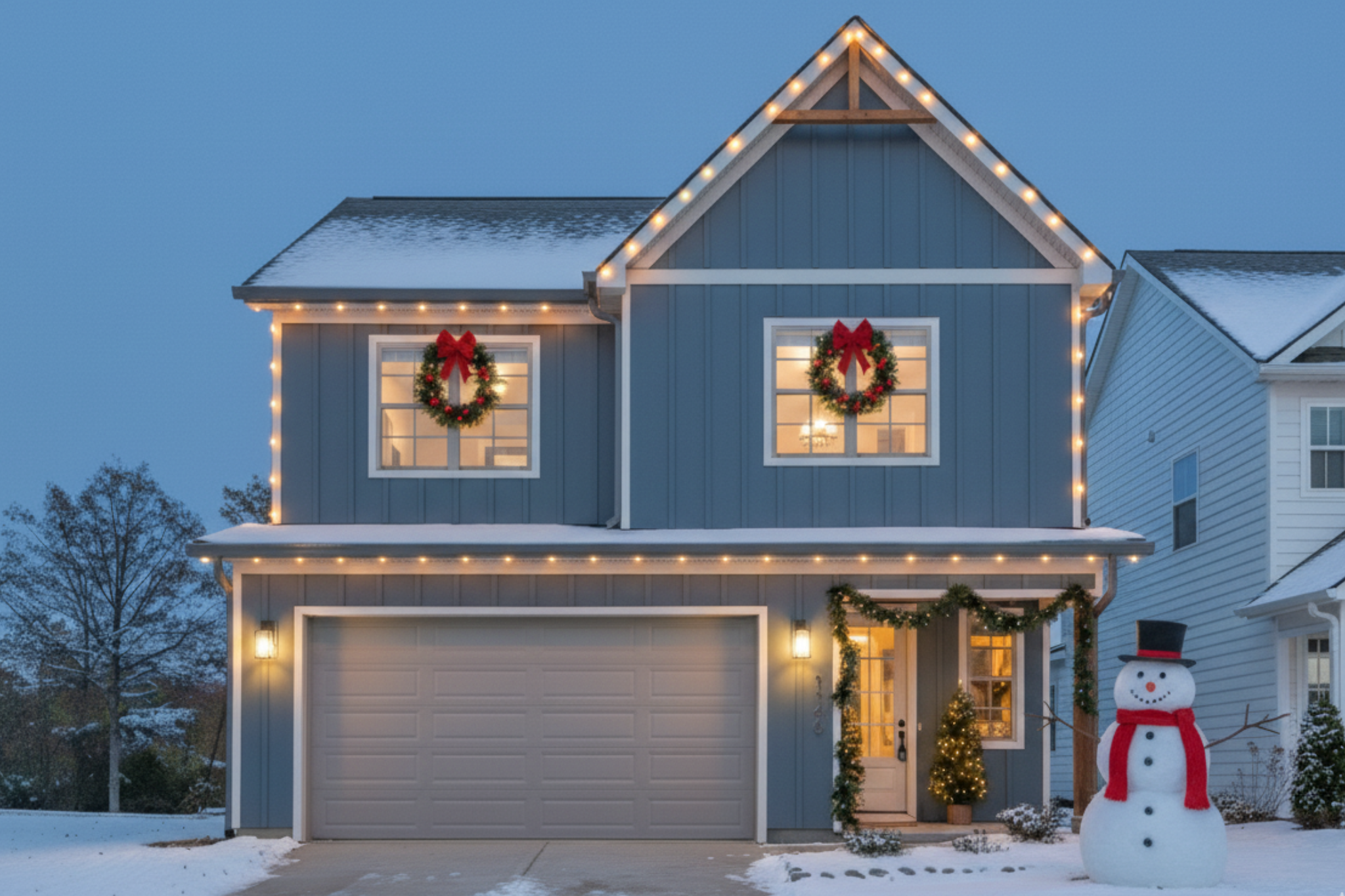
The True Value of Community and Location in Real Estate
When it comes to purchasing a home, it's easy to get caught up in the immediate pain points that are driving your decision. Whether you're downsizing because your children have left the nest, upgrading to accommodate a growing family, or simply seeking relief from the high maintenance demands of an older property, these issues often take center stage in the decision-making process. While addressing these functional needs is essential, it's crucial not to overlook the broader factors that can significantly impact your quality of life and long-term wealth—specifically, the importance of community and location.
Understanding the Value of Location
The adage "location, location, location" is a cornerstone of real estate, often associated with resale value and proximity to desirable amenities such as schools, shopping centers, and recreational facilities. While these macro-location factors are undoubtedly important, they only tell part of the story. The true value of location extends beyond mere geography; it includes the vibrancy and characteristics of the community where your home is situated.
A community rich with amenities such as lamplit sidewalks, nature trails, parks, and spaces designed for social interaction can greatly enhance your living experience. These features not only provide opportunities for an active and engaged lifestyle but also foster a sense of safety and belonging. In a well-designed community, neighbors look out for one another, creating a supportive environment that enhances both physical and emotional well-being.
Building Wealth Through Community-Oriented Real Estate

When purchasing a home, it's essential to think beyond the immediate issues and consider how your decision will impact your long-term financial health. A home is not just a place to live; it's an investment that can appreciate in value over time. The strength and appeal of the community in which your home is located play a significant role in determining its future value.
Communities that offer abundant amenities, opportunities for social engagement, and a strong sense of safety and belonging tend to be more attractive to buyers. This desirability can translate into higher property values, making your home a more valuable asset over time. When the time comes to sell, a home in a well-regarded community can command a higher price, providing you with greater returns on your investment.
Avoiding the "House to House" Trap
One of the most common mistakes homebuyers make is focusing solely on the house itself—its size, layout, and features—without giving equal consideration to the community and location. This approach can lead to a scenario where you solve your immediate housing needs but find yourself dissatisfied with the broader environment in which you live.
For instance, you might upgrade to a larger home with a modern kitchen, but if it's in a community lacking in social amenities or one that doesn't align with your lifestyle, you may soon feel that you've "jumped out of the pot and into the frying pan." By prioritizing community and location, you can ensure that your new home not only meets your functional needs but also enriches your daily life and supports your long-term financial goals.
Making Community a Priority in the Purchasing Process

As you navigate the homebuying process, take the time to thoroughly explore the communities you're considering. Look beyond the aesthetics of the home and consider the lifestyle that the community offers. Does it provide opportunities for social interaction? Are there amenities that encourage active living, such as parks, trails, and recreational facilities? Is there a strong sense of community where neighbors take care of one another?
By placing a high priority on these factors, you can find a home that not only meets your immediate needs but also contributes to your overall well-being and long-term financial security. A well-chosen community can elevate your quality of life, provide a safer environment, and enhance the value of your investment.
Conclusion
In the end, buying a home is about more than just solving your current housing issues—it's about making a decision that will positively impact your life for years to come. By prioritizing community and location in your decision-making process, you can ensure that your new home provides not only comfort and functionality but also a vibrant, supportive environment that enhances your quality of life and builds wealth over time. So, when you're ready to make your next move, remember to look beyond the house and consider the community that will shape your future.




_Exterior%20Front%201.jpg)

